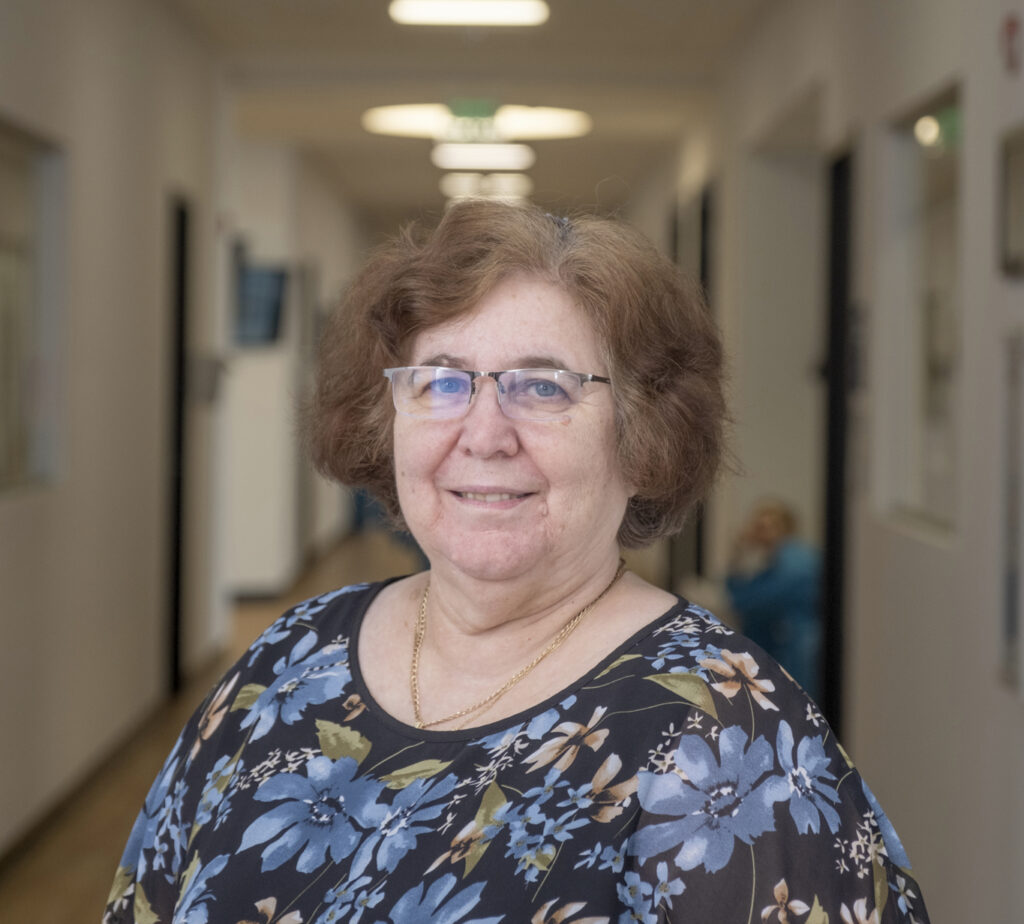Do you worry that you’re worrying too much?
It is a legitimate concern. Worry often accomplishes nothing and can lead to serious unhappiness and interfere with successful living.
At the same time, though, worry is a natural emotion that can be helpful, according to Dr. Jolan Shaffir Lobb, who teaches psychology at Keiser University in Port St. Lucie. She says it can be healthy to worry if it motivates you to do something that needs to be done. She believes worry can and should lead to healthy behavior.
Kate Sweeney, a psychology professor at the University of California, agrees with Dr. Lobb’s assertion. Her research found that worry can actually be beneficial when it acts as a motivator. It essentially tells us there is something we should be doing and gives us the motivation to do it.
For example, according to Sweeney, “there have been studies showing that people who worry about getting in a car accident are more likely to wear their seat belts. People who worry about getting skin cancer are more likely to wear sunscreen. The other way that worrying can help us is that it’s actually so unpleasant that it makes any other emotional experience feel kind of not so bad in contrast.”
Henry Ford Health, a leading medical institution in the Midwest, says that with today’s tumultuous and uncharted world, a certain amount of worry and anxiety are normal.
Although the terms are sometimes used interchangeably, they have different implications for health and wellbeing.
Here are the key differences between worry and anxiety that appear on the Henry Ford Health website:
- Worry tends to reside in our minds; anxiety affects both body and mind. Everyday worries take place in your thoughts, while anxiety often manifests physically in the body. People who are anxious are also more likely to suffer from digestive problems like nausea, indigestion and irritable bowel syndrome.
- Worry is specific; anxiety is more generalized. Worry is distinct and concrete; anxiety is generally vague.
- Worry is grounded in reality; anxiety is marked by catastrophic thinking, agonizing about things that are unlikely to occur. There’s a logical component to worry, but anxiety overestimates risk.
- Worry is temporary; anxiety is longstanding. Worry is usually short term – there’s a concerning situation and you worry about it. Anxiety is persistent, even when concerns are unrealistic, and it often compromises your ability to function.
Dr. Lobb says worrying differs from individual to individual.
The worrier personality is typically associated with a person who is prone to anxiety, stress and overthinking. He or she may be someone who worries excessively about the future, relationships, or their own well-being. They may tend to imagine worst-case scenarios and struggle to let go of their worries and fears.
Psychology Today recently published tips on how to worry less.
- Question the usefulness of worry: We often believe, consciously or not, that it’s somehow better or safer to worry – that it helps us solve problems or prevents bad surprises or shows we care. Challenge these assumptions. Most of the time worry is useless mental wheel spinning.
- Come to your senses: Feel your feet on the ground or your butt on your chair. See what’s around you. Smell the air, hear the birds, taste your food. Sense the weight of your phone in your hand. Allow your sensory experiences to help you focus on what is actually happening right now.
- Accept that what you’re worried about could happen. Recognize the limits of what you control and open yourself to not knowing what will happen, even when you care deeply about the outcome. In the unlikely event that your worry comes true, you’ll handle it with the strength and resolve that have gotten you this far. Worry withers when we stop fueling it with mental energy and resistance.
Dr. Lobb says parents can help children develop the skills they need to cope with worry.
Nemours KidHealth Newsletter, which is published by Nemours Children’s Health, offered some suggestions:
- Spend time with your children. Do this every day, even if it’s just a few minutes. Do things together that you both enjoy. Ask what’s on their minds. Let kids know you’re open to listening and talking any time.
- Listen with patience. Give them time to put their thoughts and feelings into words. Don’t be too quick to give advice. Let them confide.
- Validate. Let kids know you understand their worries. Try not to say, “There’s nothing to worry about.”
- Help kids think of how to handle things. Don’t jump in to solve things for them. Instead, invite kids and teens to think of what they can do. Support their good ideas.
- When possible, help kids break a new, worrying thing they are facing into small steps.
- Encourage. Praise your child’s effort and progress. Tell them what they said or did that made you proud.
- Help them expect good things. Ask your child or teen to share what’s going well and what they look forward to. Let them know that it’s OK to talk about worries but that they can also learn to put more focus on the good moments.
- Soothe and comfort. At times, kids and teens may feel overwhelmed by worry. In those moments, trying to talk it through isn’t likely to help. It might help more to offer comfort and understanding. Teach them to use calm breathing to relax their mind and body.
Lastly, Dr. Lobb says don’t be afraid to ask for help yourself. “There’s no stigma about going to a doctor for a physical problem nor should there be one about getting professional help if worry is affecting your day-to-day life. Both our mental and physical health are matters of importance,” she adds.
Dr. Jolan Shafir Lobb teaches psychology at Keiser University’s Port St. Lucie (Tradition) campus. She earned two Ph.D.s from Northcentral University, in Education in 2016 and in Psychology in 2019.

